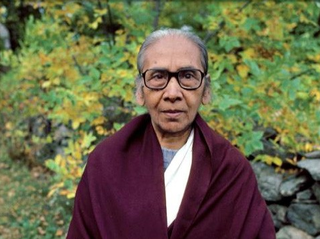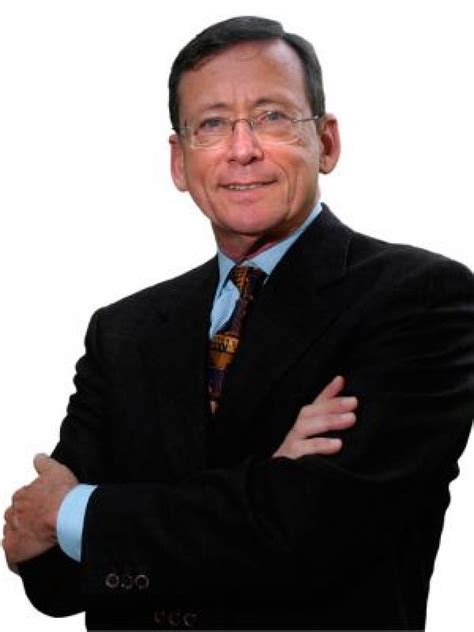A Quote by Robert Greene
Emotions are continually affecting our thought processes and decisions, below the level of our awareness. And the most common emotion of them all is the desire for pleasure and the avoidance of pain.
Related Quotes
It is important to distinguish between sense-pleasure and sense-desire. There is nothing wrong with sense-pleasure. Pleasure and pain are part of our human experience. Sense-desire, on the other hand, is the grasping at pleasure or the avoidance of pain. This is what creates suffering-grasping and avoidance.
Commitment to the truth...means a relentless willingness to root out the ways we limit or deceive ourselves from seeing what is, and to continually challenge our theories of why things are the way they are. It means continually broadening our awareness. It also means continually deepening our understanding of the structures underlying current events.
Awareness is not the same as thought. It lies beyond thinking, although it makes no use of thinking, honoring it's value and it's power. Awareness is more like a vessel which can hold and contain our thinking, helping us to see and know our thought as thought rather than getting caught up in them as reality.
Tony Blair made decisions on what he thought was best for the people of Great Britain, and I made decisions on what I thought was best for Americans. And I really don't view our relationship as one of quid pro quo. I view our relationship as one of strong allies and friends working together for the common good.
It must be pointed out, however, that strictly speaking it is incorrect to talk of the dominance of the pleasure principle over the course of mental processes. If such a dominance existed, the immense majority of our mental processes would have to be accompanied by pleasure or to lead to pleasure, whereas universal experience completely contradicts any such conclusion.
When we say that pleasure is the end, we do not mean the pleasure of the profligate or that which depends on physical enjoyment--as some think who do not understand our teachings, disagree with them, or give them an evil interpretation--but by pleasure we mean the state wherein the body is free from pain and the mind from anxiety.






































